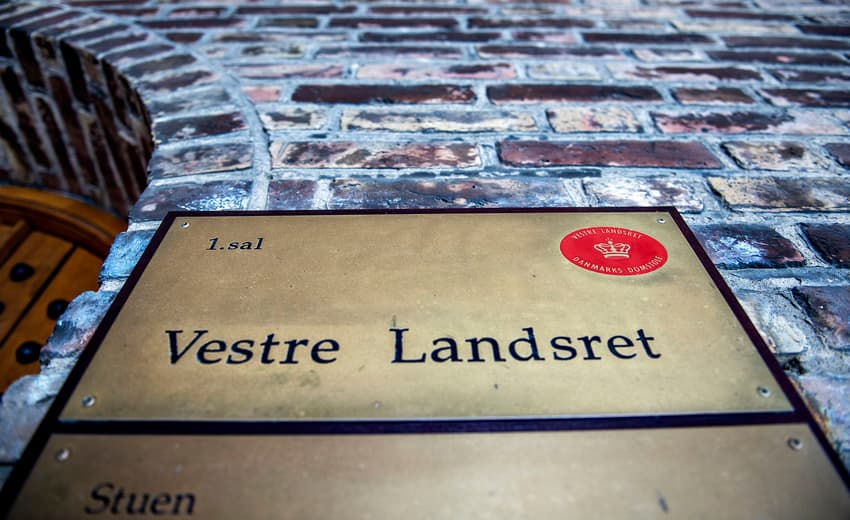Denmark withdraws man’s citizenship under retroactive law

The high court in Danish town Viborg on Wednesday ruled to revoke the citizenship of a man who obscured the truth over past criminality on his application from, in the first retroactive application of a 2018 law.
A 58-year-old man who was given citizenship in 2015 has been stripped of his Danish passport after a Viborg court found he had lied on his application when he declared he hadn’t committed any crimes.
At the time of the application – which was submitted in 2013 – he had never been convicted or charged, but he was accused in 2016 of having assaulted a minor repeatedly from 2006 onwards. He was convicted in 2017 and sentenced to three years in prison.
The court found that he had committed crimes prior to his application in 2013, in contradiction with the declaration he made on the application.
As of May 1st this year, providing incorrect information on your Danish citizenship application is grounds for a reversal. The new policy applies retroactively.
Had he declared he had committed a crime in 2013, he would not have been granted citizenship, authorities argued in the case.
“You cannot sentence with retroactive effect, but in this case we are not talking about a sentence – even though it may seem so – but an administrative outcome, and so the law has retroactive effect,” Central and West Jutland police prosecutor Linette Lysgaard, who prosecuted in the case, told news wire Ritzau.
Of 21,000 cases reviewed since a 2018 law change, the Ministry of Immigration and Integration has so far flagged seven cases of this nature that it believes should be brought to court, newspaper Politiken reports. Wednesday’s ruling was in the first of those cases.
Comments
See Also
A 58-year-old man who was given citizenship in 2015 has been stripped of his Danish passport after a Viborg court found he had lied on his application when he declared he hadn’t committed any crimes.
At the time of the application – which was submitted in 2013 – he had never been convicted or charged, but he was accused in 2016 of having assaulted a minor repeatedly from 2006 onwards. He was convicted in 2017 and sentenced to three years in prison.
The court found that he had committed crimes prior to his application in 2013, in contradiction with the declaration he made on the application.
As of May 1st this year, providing incorrect information on your Danish citizenship application is grounds for a reversal. The new policy applies retroactively.
Had he declared he had committed a crime in 2013, he would not have been granted citizenship, authorities argued in the case.
“You cannot sentence with retroactive effect, but in this case we are not talking about a sentence – even though it may seem so – but an administrative outcome, and so the law has retroactive effect,” Central and West Jutland police prosecutor Linette Lysgaard, who prosecuted in the case, told news wire Ritzau.
Of 21,000 cases reviewed since a 2018 law change, the Ministry of Immigration and Integration has so far flagged seven cases of this nature that it believes should be brought to court, newspaper Politiken reports. Wednesday’s ruling was in the first of those cases.
Join the conversation in our comments section below. Share your own views and experience and if you have a question or suggestion for our journalists then email us at [email protected].
Please keep comments civil, constructive and on topic – and make sure to read our terms of use before getting involved.
Please log in here to leave a comment.